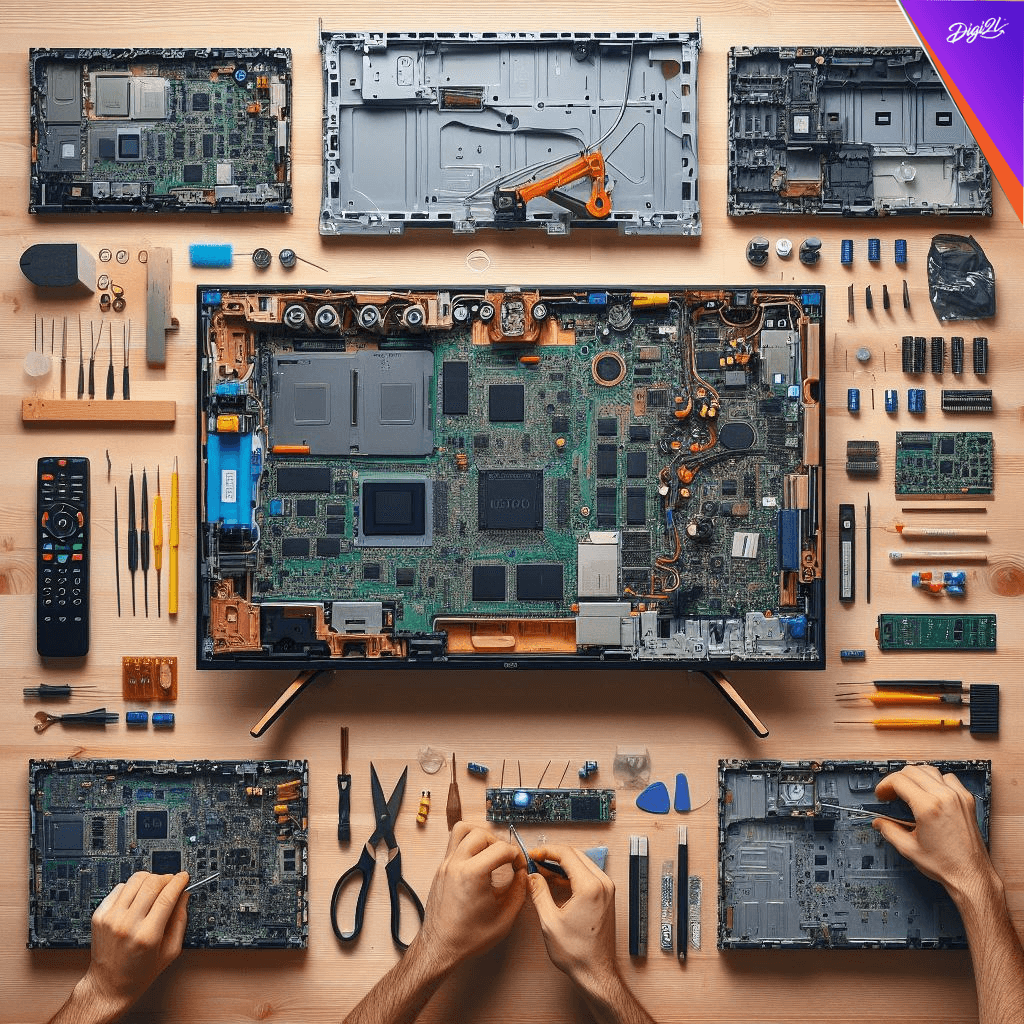
Please Wait ...

Please Wait ...
Enquiry






Curently We are Not Serviceable In this Pincode
91 Springboard, Business Hub, Godrej & Boyce, Gate No. 2, LBS Marg, Vikhroli West, Mumbai, 400079
91 Springboard, Business Hub, Godrej & Boyce, Gate No. 2, LBS Marg, Vikhroli West, Mumbai, 400079
91 Springboard, Business Hub, Godrej & Boyce, Gate No. 2, LBS Marg, Vikhroli West, Mumbai, 400079
91 Springboard, Business Hub, Godrej & Boyce, Gate No. 2, LBS Marg, Vikhroli West, Mumbai, 400079
91 Springboard, Business Hub, Godrej & Boyce, Gate No. 2, LBS Marg, Vikhroli West, Mumbai, 400079
91 Springboard, Business Hub, Godrej & Boyce, Gate No. 2, LBS Marg, Vikhroli West, Mumbai, 400079
91 Springboard, Business Hub, Godrej & Boyce, Gate No. 2, LBS Marg, Vikhroli West, Mumbai, 400079
91 Springboard, Business Hub, Godrej & Boyce, Gate No. 2, LBS Marg, Vikhroli West, Mumbai, 400079
91 Springboard, Business Hub, Godrej & Boyce, Gate No. 2, LBS Marg, Vikhroli West, Mumbai, 400079
Min
Max
₹5,000
₹45,000
Suggested Price







Blogs> Old vs. New Refrigerators: Pros and Cons to Consider Before Making a Purchase

Refrigerators are indispensable appliances in modern households, essential for preserving perishable foods and maintaining freshness. Over time, these appliances have undergone significant transformations, with newer models incorporating advanced features and cutting-edge technologies. In this discourse, we will explore the distinctions between old and new refrigerators, weighing their respective advantages and disadvantages to aid in informed decision-making. Old refrigerators, often referred to as traditional or basic models, have stood the test of time, with their presence spanning decades. These models typically sport a simple design, characterized by single or double doors, with freezer compartments positioned either on top or at the bottom. Operating on a conventional compressor system, they circulate refrigerant through coils to regulate interior temperatures. Old refrigerators hold appeal for their affordability, offering a cost-effective solution for consumers on a budget. Moreover, their durability is well-regarded, with many models exhibiting longevity when subjected to proper maintenance. However, they tend to be less energy-efficient compared to newer counterparts, resulting in higher utility bills. Furthermore, lacking modern conveniences such as automatic defrosting and adjustable shelves, they may fall short in terms of convenience and organization. On the other hand, new refrigerators, also known as modern or high-tech models, represent the pinnacle of innovation in the realm of kitchen appliances. Available in a variety of configurations, including French door, side-by-side, and bottom-freezer designs, these models are equipped with an array of advanced features and technologies. New refrigerators prioritize energy efficiency, promising substantial savings on electricity costs over time. Smart technology integration, touchscreen displays, and customizable shelving options offer unparalleled convenience and organization. Advanced cooling systems and humidity controls ensure optimal food preservation, while integrated air filtration systems maintain freshness and purity. However, they often command a higher price point compared to older models, potentially posing a barrier for budget-conscious consumers. Additionally, features such as touchscreen displays may be susceptible to damage, resulting in costly repairs or replacements. In conclusion, choosing between old and new refrigerators necessitates careful consideration of individual preferences, budget constraints, and desired features. While old refrigerators offer affordability and proven durability, newer models boast advanced features and energy efficiency. Ultimately, consumers must weigh these factors to make an informed decision that aligns with their needs and priorities. Whether opting for an old or new refrigerator, the overarching goal remains the same: to effectively preserve food while optimizing convenience and efficiency in the modern kitchen.
Refrigerators are an essential part of our lives, helping us to store food and keep it fresh for longer. Over the years, refrigerators have gone through many changes, and new models have emerged with advanced features and technologies. In this blog, we will discuss the differences between new and old refrigerators and the pros and cons of each.
Old Refrigerators:
Old refrigerators have been around for decades and are often referred to as traditional or basic models. These refrigerators typically have a single door or two doors that swing open, with a freezer compartment on top or bottom. They operate using a compressor that circulates refrigerant through coils to cool the interior of the unit.
Pros:
One of the significant advantages of old refrigerators is their affordability. They are relatively inexpensive to purchase and maintain, making them an excellent option for those on a budget. They are also generally durable and can last for many years, even decades, with proper care.
Cons:
However, old refrigerators also come with some disadvantages. They tend to be less energy-efficient, which can result in higher electricity bills over time. They also may not have the latest features or technologies, such as automatic defrosting, adjustable shelves, and advanced cooling systems. This can make it challenging to organize and store food, and they may not be as effective at keeping food fresh. Ultimately one might decide to sell old refrigerator at earliest.
New Refrigerators:
New refrigerators, also known as modern or high-tech models, are designed with advanced features and technologies that provide greater convenience and efficiency. They come in various styles, including French door, side-by-side, and bottom-freezer models.
Pros:
One of the significant advantages of new refrigerators is their energy efficiency. They are designed to use less energy than older models, which can result in significant savings on electricity bills over time. They also come with a range of features, such as smart technology, touchscreens, and adjustable shelves that make them more convenient to use. They can also be more effective at keeping food fresh for longer, thanks to advanced cooling systems, humidity controls, and air filtration systems.
Cons:
However, new refrigerators can also come with some downsides. They are typically more expensive to purchase than older models, and they may require more maintenance and repairs over time. Some of the features, such as touchscreen displays, may also be more vulnerable to damage, and repairs can be costly. Additionally, they may not be as durable as older models and may not last as long.
Conclusion:
In conclusion, while old refrigerators have their advantages, new models offer more advanced features and greater energy efficiency. However, they can also be more expensive to purchase and maintain, and they may not last as long as older models. Ultimately, the decision between purchasing an old or new refrigerator comes down to personal preference, budget, and the specific features and technologies that are most important to the buyer.
Image by storyset on Freepik

By Digi2L - April 30, 2024

By Digi2L - April 29, 2024

By Digi2L - April 28, 2024